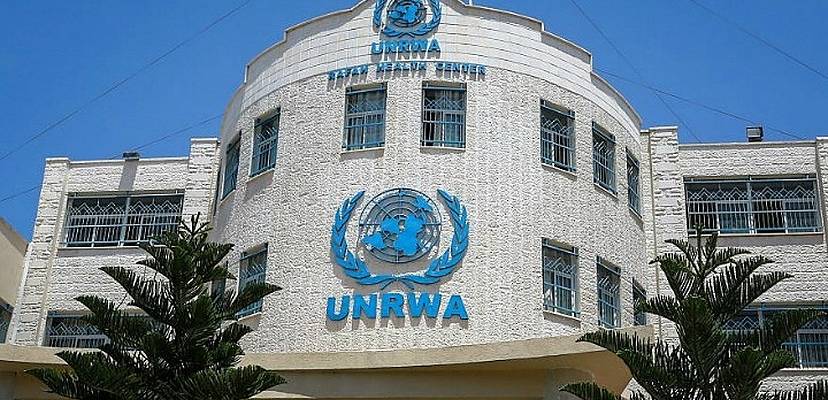“It is time for Australia to look for new, more constructive partners through which to channel its assistance,” said Peter Wertheim, CEO of the Executive Council of Australian Jewry,
The Australian Department of Foreign Trade and Affairs (DFAT) will investigate anti-Semitic and inflammatory educational materials used by the United Nations Relief and Works Agency for Palestine Refugees (UNRWA), after a report by an Israel-based watchdog organization, The Australian reported Monday.
“UNRWA has a fundamental obligation to remain unbiased and impartial while it delivers its humanitarian mandate,” a department spokesperson told the paper. “DFAT has reiterated to UNRWA the importance it places on non-discrimination, equality and neutrality in the education programs that UNRWA supports.”
Last week, the organization IMPACT-se, which monitors school curricula, released a report on racism, falsehoods, and incitements to violence in materials used by UNRWA.
Australia spent $8.39 million on UNWRA funding in 2020, the 19th-biggest contribution to the $921 million in total funds pledged to the organization. Last year the country reduced its aid allotted to the agency, following a similar move by the US in 2018.
“Instead of nurturing young Palestinians with the knowledge that they will need to lead satisfying and productive lives as citizens in a future Palestinian state, UNRWA is feeding their hearts and minds with the poison of racism and violent extremism,” said Peter Wertheim, CEO of the Executive Council of Australian Jewry, to the Australian daily on Monday. “It is time for Australia to look for new, more constructive partners through which to channel its assistance.”
In a statement made one day after the release of the IMPACT-se report, agency Commissioner-General Philippe Lazzarini admitted the presence of the offending materials and claimed that an internal review had been conducted.
“Unfortunately, in the rush to continue students’ education uninterrupted [during the pandemic], some material the Agency had previously identified as not in line with UN values was mistakenly included,” the statement said.
